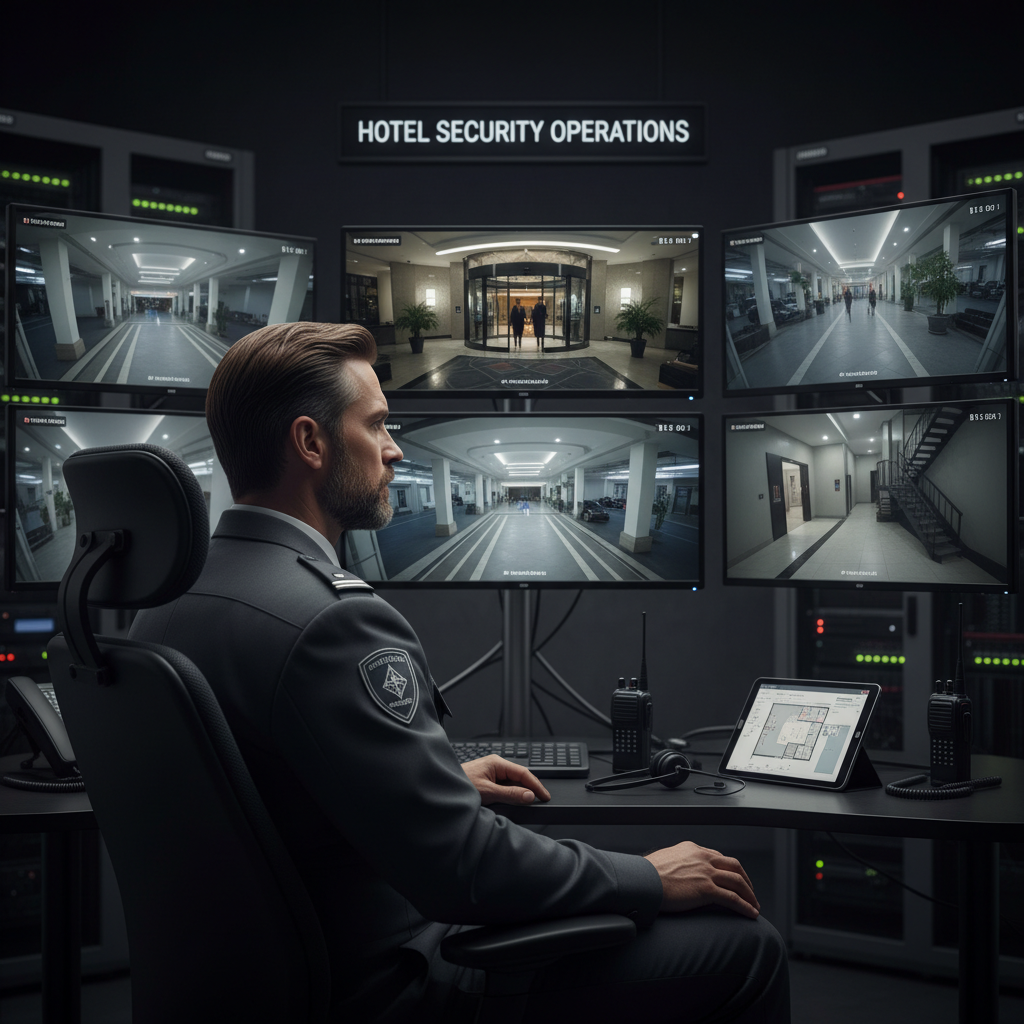Hotel Security and Crisis Management: Lessons from a Towson Incident
Hotel managers across the U.S. must prioritize the safety and security of their guests and staff. Recent events, such as the incident at a Comfort Inn in Towson, Maryland, serve as crucial reminders of the importance of robust security protocols and effective crisis management plans.
Understanding the Incident
Details surrounding the Towson incident highlight the unpredictable nature of security threats. While the specific circumstances may vary from case to case, the core principles of preparedness and response remain constant. Every hotel should have documented plans for various scenarios including active shooter situations, medical emergencies, and civil disturbances. Regularly reviewing and updating these plans is crucial for effectiveness.
Enhancing Security Measures
Proactive security measures are paramount. Consider the following strategies:
- Enhanced Surveillance: Implement or upgrade your surveillance system with strategically placed cameras and regular monitoring.
- Access Control: Review and reinforce access control procedures, including key card management and visitor verification.
- Staff Training: Conduct regular training sessions for all staff members on security protocols, emergency procedures, and de-escalation techniques. This includes recognizing suspicious behavior and reporting procedures.
- Emergency Communication: Establish clear communication channels for emergencies, including a designated communication center and protocols for disseminating information to guests and staff.
Developing a Crisis Management Plan
A comprehensive crisis management plan is essential for effectively responding to unforeseen events. Key components of this plan should include:
- Designated Crisis Team: Establish a crisis management team with clearly defined roles and responsibilities.
- Communication Protocols: Develop internal and external communication protocols to ensure timely and accurate information dissemination.
- Evacuation Procedures: Regularly review and practice evacuation procedures, ensuring that all staff members and guests are familiar with exit routes and assembly points.
- Guest Support: Implement procedures for supporting guests during and after a crisis, including providing information, accommodations, and counseling services.
- Post-Incident Analysis: Conduct a thorough post-incident analysis to identify areas for improvement and refine security protocols.
The Importance of Collaboration
Building strong relationships with local law enforcement and emergency services is vital. Regular communication and collaborative training exercises can significantly enhance your hotel’s ability to respond effectively to security threats.
Maintaining Guest Confidence
Open communication with guests regarding security measures can foster trust and confidence. Clearly display security protocols and emergency contact information. Addressing guest concerns promptly and professionally can help mitigate anxiety and maintain a positive guest experience.
By prioritizing security, investing in comprehensive crisis management plans, and fostering strong relationships with local authorities, hotel managers can create a safer and more secure environment for guests and staff alike.
Source: wbaltv.com




